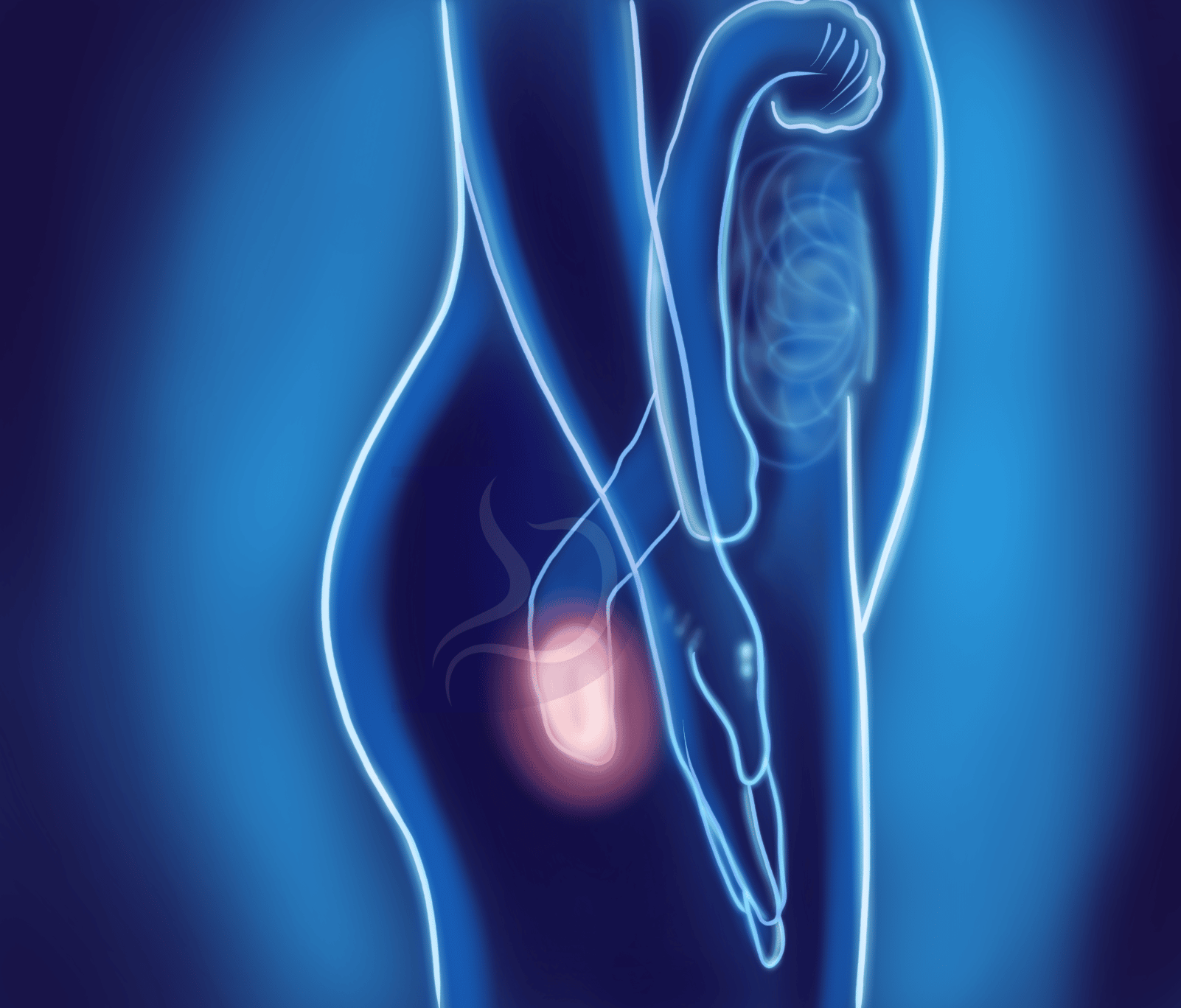What Is Anorectal Manometry?
Anorectal Manometry is a test performed to evaluate individuals with constipation or fecal incontinence. This test will enable your doctor to obtain information about the pressures and function of the sphincter muscles that help control your bowel movements.

How Is the Test Performed?
You will be asked to lie down on your left side with your knees slightly bent. Please note that because of the sensitive nature of this test, every effort will be made to respect and guard your privacy.
A small catheter with a balloon attached to the end will be placed about four inches into your rectum. The catheter may be slowly pulled out and placed back in during the exam.
You will be asked to do a series of squeezes, like holding in a bowel movement, followed by bear downs, like pushing out a bowel movement.
The balloon at the end of the catheter will then be inflated and deflated a few times. The medical assistant will ask when you feel a sensation in your rectum or when you feel the urge to have a bowel movement.
The medical assistant will then take out the catheter, and a different catheter will be inserted that will also have a balloon attached to it. The balloon will be inflated with water, and you will asked to sit on a bedside commode to test if you can expel (push out) the balloon within 5 minutes. If you are unable to do so, the medical assistant will deflate the balloon and take the catheter out for you.
The procedure takes approximately 60 minutes to complete.
No, the test is usually not painful. Some people may feel some discomfort during the insertion of the tube, but this should only last a few seconds.
Yes, you will need to follow certain preparation instructions before the test. These may include avoiding solid foods and certain medications for a period of time before the test, and using a laxative-based enema to clean out your bowel. Our team will give you specific instructions on how to prepare.
Yes, you should be able to go about your usual activities after the test. However, you may feel a little tired or have some mild rectal bleeding or discomfort for a short time after the test.
If the test results are abnormal, it may indicate a problem with the muscles or nerves in the anus and rectum. Further testing may be needed to determine the cause of the problem and the appropriate treatment.
There are minimal risks associated with anorectal manometry. However, there is a small risk of rectal bleeding or infection. Our team will discuss the risks with you before the test.

